What does former Sprint CEO Dan Hesse think about the T-Mobile merger and 5G?

In 2014, Sprint and T-Mobile discussed a merger of the two carriers. At the time, Sprint was the nation's third-largest carrier ahead of T-Mobile and the merger was a plan to build a larger carrier that would compete with Verizon and AT&T. Both firms approached the two regulatory agencies that would need to approve the transaction, the FCC and the Justice Department, and were told not to even bother trying to combine the two companies.
Since then, T-Mobile became the fastest growing and most innovative of the four major wireless providers in the states. In 2015, T-Mobile and Sprint switched positions with the former taking over as the third-largest carrier in the states. And when T-Mobile agreed to merge with Sprint nearly two years ago, it pushed the deal in order to obtain Sprint's 2.5GHz mid-band spectrum. These mid-band airwaves, a rarity in the states, are needed for T-Mobile to enhance its nationwide 5G network by using a combination of low, mid, and ultra-high band spectrum.
Former Sprint CEO Dan Hesse says that all industries can benefit from the faster download speeds delivered by 5G networks
The man who was Sprint's CEO from 2007-2014, Dan Hesse, was interviewed by Forbes about the current T-Mobile-Sprint merger and the next generation of wireless connectivity. As he said back in 2014, Hesse still believes that a T-Mobile-Sprint merger is good for consumers. He points out that even though the New T-Mobile will still trail Verizon and AT&T in terms of size, the increase in scale and the combination of T-Mobile's spectrum with Sprint's mid-band airwaves will make the carrier what he calls a "solid player." He also says that "(T-Mobile CEO) John Legere has demonstrated that he’s pro-consumer. John has created a culture of customer value creation at T-Mobile, and I expect his able successor Mike Sievert will continue in that vein. American consumers will now have three great 5G networks to choose from." Legere is set to leave his current position on May 1st.
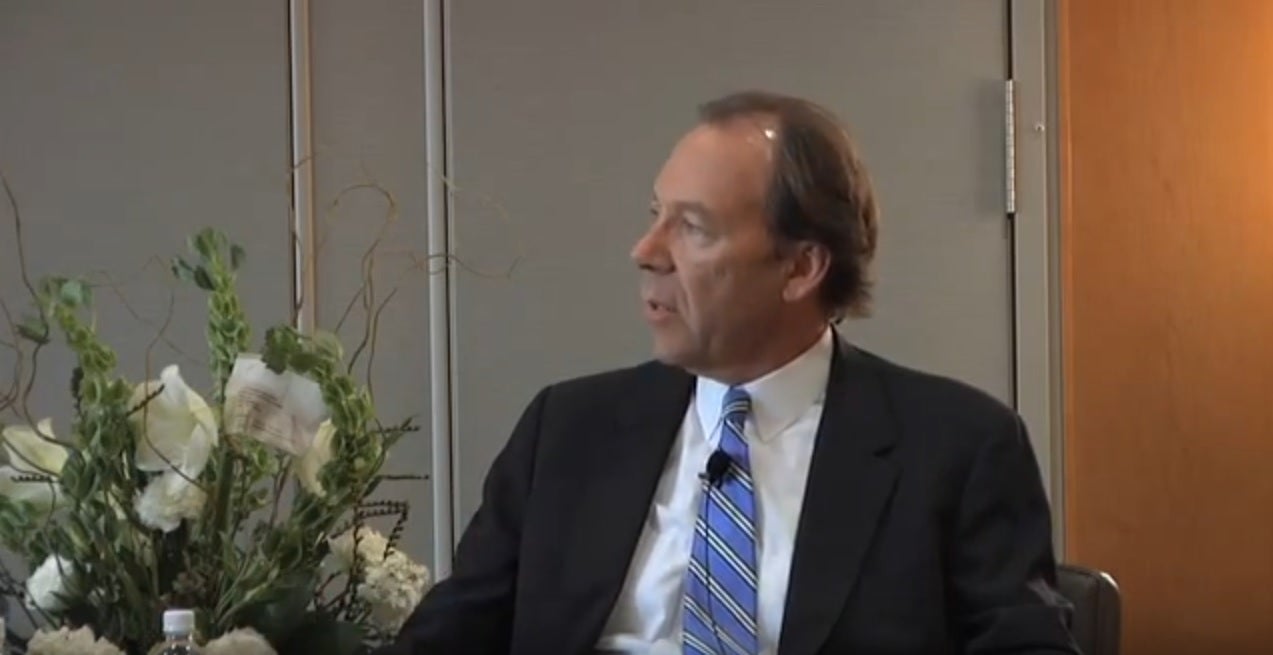
Dan Hesse circa 2012 when he was still CEO of Sprint
Besides praising T-Mobile's team of Legere and Sievert, Hesse gave credit to SoftBank founder and CEO Masayoshi Son for helping Sprint navigate the tricky shark-infested regulatory waters in the U.S. SoftBank, until the merger closes, owns about 80% of Sprint. Hesse noted that the best time to merge two companies is when they are starting a major capital project. And that is exactly what is happening in the case of the T-Mobile-Sprint merger as both firms are in the early days of building out their 5G networks. T-Mobile is ahead with its nationwide 5G network and acquiring Sprint's mid-band holdings will give its network a solid foundation by combining T-Mobile's low-band 600MHz airwaves along with Sprint's 2.5GHz mid-band spectrum and T-Mobile's ultra-high mmWave spectrum.
In explaining why 5G is such a big deal, Hesse points out that the next generation of wireless connectivity includes "unprecedented fast speed, high capacity, and low latency." The latter, he notes, means that a message could be sent and answered in fractions of a second, That is why nationwide 5G service is vital to the future of driverless cars and other technology. The former executive also agrees with something that we've said a few times about 5G which is that "most 5G applications are yet to be discovered."
The former Sprint CEO says that he can't think of any industry that won't be helped by 5G and he says that the service will add $2 trillion to the world economy over the next five years. According to Hesse, "5G will power smart cities, buildings, factories, and stadiums. It will accelerate more 'cord-cutting' for internet service and for entertainment – driving more adoption of 'over the top' video from companies like Netflix and Disney vs traditional cable or satellite television."
There is one issue that Hesse sees with 5G and that is security. And if it sounds like he is talking about something along the lines of a potential Huawei-style security breach, he is. The former Sprint executive notes that there hasn't been a U.S. based firm involved in wireless network infrastructure since Lucent and Nortel left the business. He suggests that the U.S. government and the wireless industry work on software and hardware solutions to protect the U.S. from cyber attacks.
Follow us on Google News

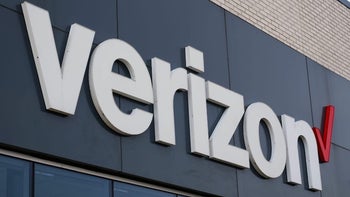
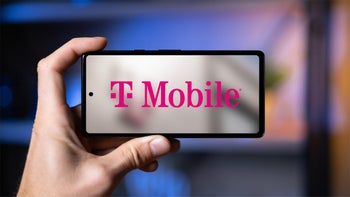

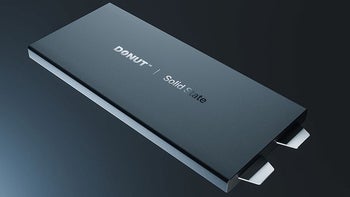
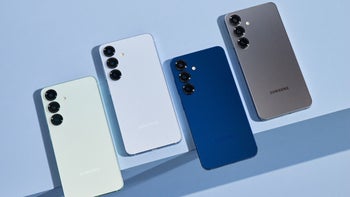
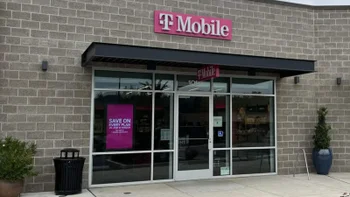


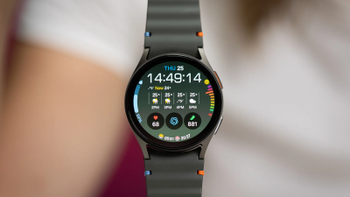
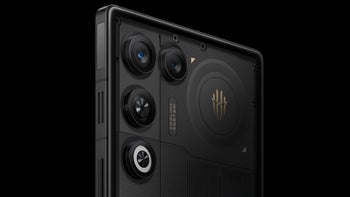
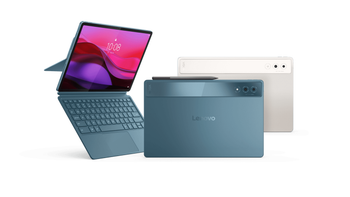
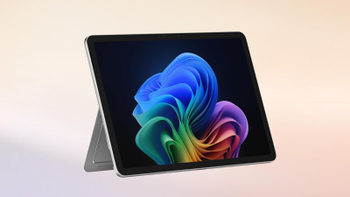
Things that are NOT allowed:
To help keep our community safe and free from spam, we apply temporary limits to newly created accounts: